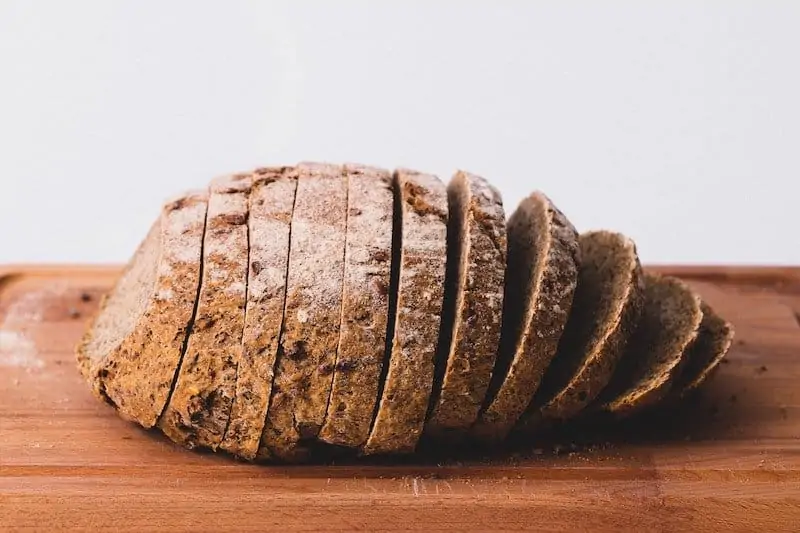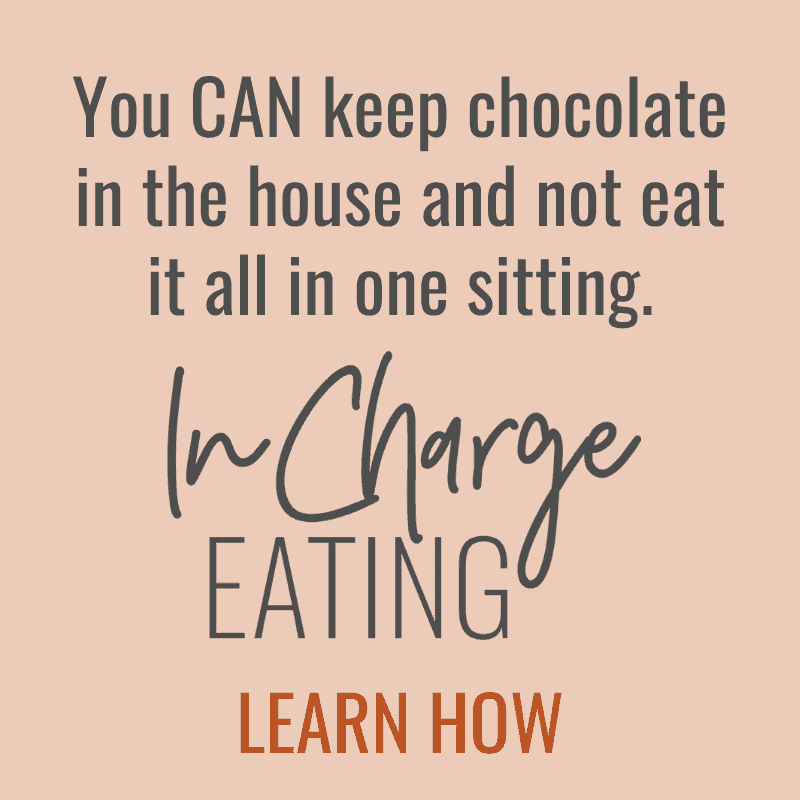Binge eating is an extremely stressful experience for anyone. People with polycystic ovarian syndrome (PCOS) are at a higher risk of experiencing binge eating than people without PCOS. (1,2) Let’s take a closer look into why this is the case and what people with PCOS who also experience binge eating can do to feel calmer and in charge of their eating.
But firstly,
What is PCOS?
PCOS is a complex condition associated with hormonal imbalances, which can cause menstrual irregularities, changes to metabolism, and symptoms like acne, excess hair growth and mood swings. PCOS can also increase the risk of infertility, heart disease, and type 2 diabetes. (3)
Why might PCOS and binge eating be linked?
The connection between PCOS and binge eating is multifaceted and complex. The reasons why binging is more common in people with PCOS include metabolic, hormonal, psychological and social and cultural factors.
Hormonal and metabolic factors
The hormone insulin is important for helping us convert carbohydrates into glucose; the energy that our bodies use. Most people with PCOS tend to have excess insulin in their body. This high level of insulin is due to the body becoming resistant to responding to insulin effectively, otherwise known as insulin resistance.
Insulin resistance not only stimulates appetite, but it also causes intense carbohydrate cravings. And this, mixed with not eating often enough (as is often the case for people with PCOS because they are prescribed restrictive diets to manage their condition), makes the cravings even more intense.
Many people with PCOS also have higher androgen (testosterone) levels than people without PCOS which is known to increase food cravings and stimulate the appetite. These hormonal factors can make eating feel a bit chaotic and confusing.
Psychological factors
PCOS can be emotionally taxing for many people. We know that PCOS and mood are strongly linked, and the likelihood of depression and/or anxiety is higher for people with PCOS. (3)
Many people with PCOS feel body dissatisfaction, which can stem from the symptoms associated with PCOS such as hair loss, acne, and hirsutism (excess hair growth). For these reasons, eating might be a way to cope with these negative feelings (and that’s okay!)
Social and cultural factors
People with PCOS can be particularly vulnerable to diet culture. Because weight changes can be a symptom of PCOS, much of the medical ‘prescriptions’ people with PCOS receive are weight-centric.
Then there is the minefield of advice to navigate out there, from social media and ‘Dr Google’.
Most advice promotes harmful strategies to treat PCOS, whether that’s eating less overall, cutting out entire food groups, or recommending excessive exercise.
Not only do we know weight-centric treatments don’t work long term (4), they also simply fuel the restrict-binge cycle. Our bodies can only sustain undernourishment for so long. At some stage, they’re going to react, in the form of binging and increased preoccupation with food.
How do I stop binging if I have PCOS?
Eat enough and eat often
Remember when we said that not eating enough makes those carbohydrate cravings more intense? Let’s delve into that a bit further.
Not eating often or enough makes anyone hungry, mix that with high insulin levels, and you’re set up to be absolutely ravenous.
Aim to eat every 3-4 hours and try to eat a source of protein and fat with your meals to increase staying power.
Eating with a regular, consistent rhythm across the day will help to keep your insulin and blood sugar levels from peaking and dipping too much, and you might find those intense cravings subside.
Don’t cut out any foods
Yes, despite what everyone else says, you still need to eat carbohydrates.
Our bodies are always on the lookout for us – they are very smart, and they know when something is missing. Cutting out foods or whole food groups exacerbates cravings for that food and can trigger a binge.
Even the mental restriction of a certain food can make you feel chaotic around that food.
All foods can have a place in your eating and not one food is going to exacerbate your PCOS symptoms, just as one isn’t going to improve them.
Fulfil your emotional needs
Fill your cup with things you enjoy. Is there something that you’ve been neglecting that might be impacting your emotional health? Could you implement some new self-care strategies day-to-day?
Remember you are not alone
You are worthy of support, and you don’t need to suffer in silence. It may be helpful to seek professional support from an eating disorder dietitian and/or psychologist who is also familiar with PCOS to support you in overcoming binge eating.
References
- https://www.ncbi.nlm.nih.gov/pmc/articles/PMC6529622/
- https://pubmed.ncbi.nlm.nih.gov/29205115/
- https://www.jeanhailes.org.au/health-a-z/pcos
- https://www.nhmrc.gov.au/guidelines-publications/n57 (specifically the evidence answering the question How effective are lifestyle interventions in maintaining weight loss in adults? on page 160)
Rachel is a new graduate dietitian from Melbourne passionate about helping people heal their relationship with food and body using an inclusive, non-judgemental, non-diet approach. She has a particular interest in PCOS and eating disorders.



 Hi! My name is Nina.
I’m a Certified Intuitive Eating Counsellor taking the ‘diet’ out of Dietitian. I am here to help you reject diet culture, tune into your body’s own inner wisdom about how to truly nourish yourself and ultimately feel good eating™
Hi! My name is Nina.
I’m a Certified Intuitive Eating Counsellor taking the ‘diet’ out of Dietitian. I am here to help you reject diet culture, tune into your body’s own inner wisdom about how to truly nourish yourself and ultimately feel good eating™ 
